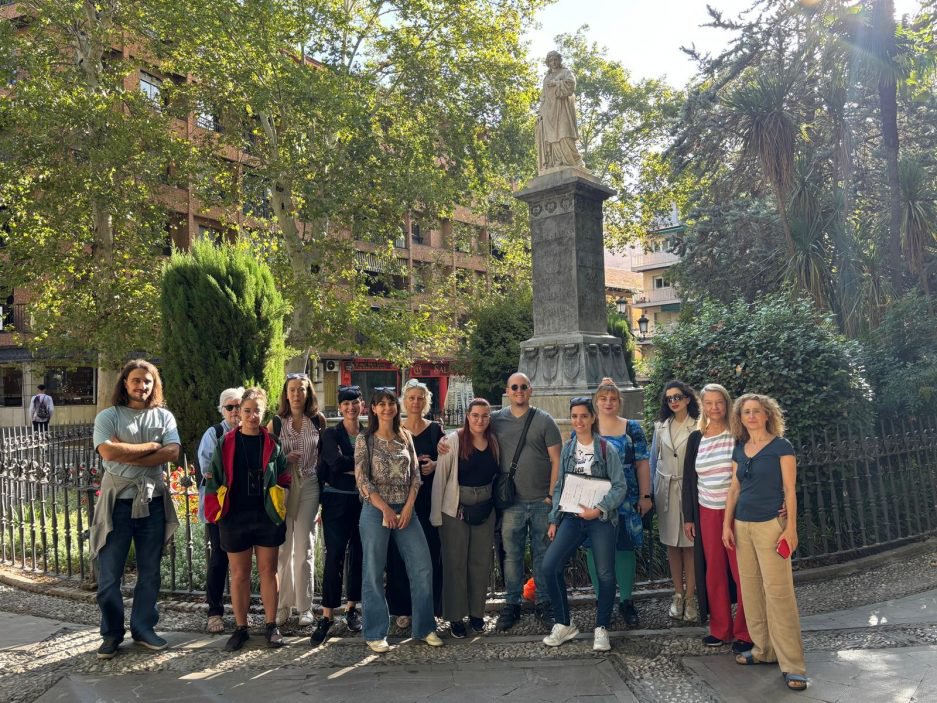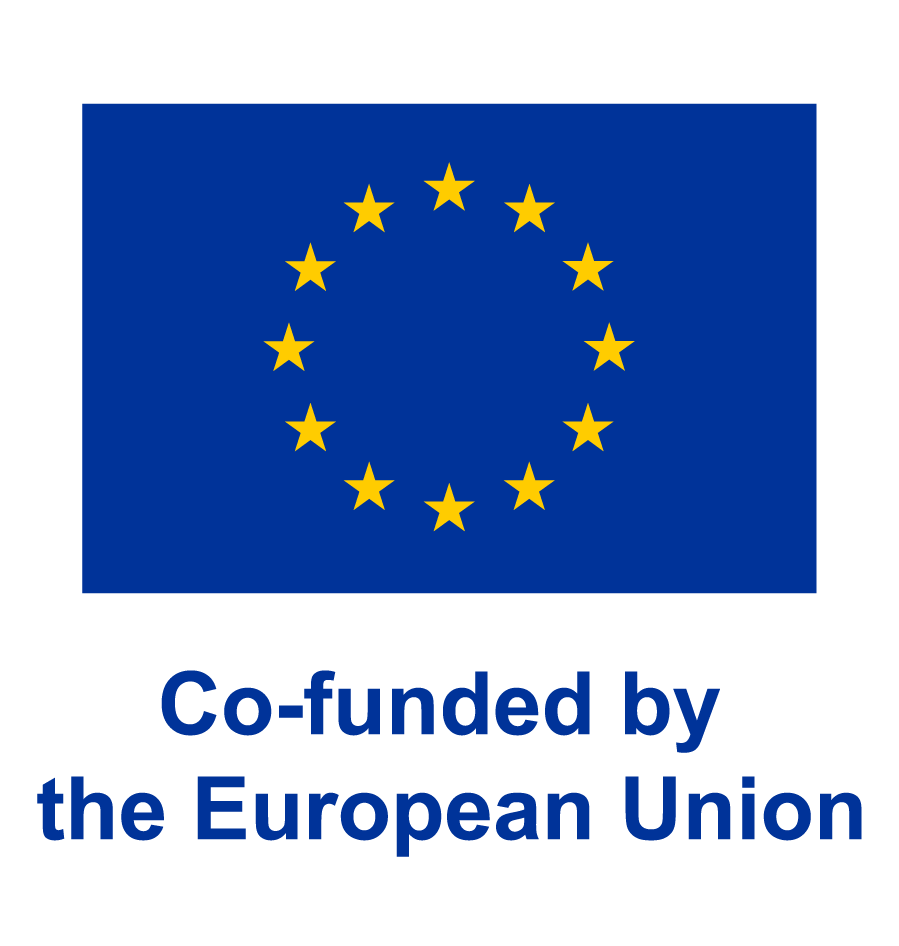„(In)visibility of women’s contributions to the democratic transitions in Europe” conference held in Granada, Spain

Documenta and its partners in the project “Female perspectives on the democratic transitions of the 1970s, 1980s, and 1990s” organized the conference „(In)visibility of women’s contributions to the democratic transitions in Europe” in Granada, Spain, from September 18th to September 21st, 2024.
The project team presented the project and its results to the local public in Granada, highlighting the best practices of approaching historical topics through a gender perspective and providing opportunities for time witnesses to share their stories.
The event provided insight into democratization processes in different European countries: the transition from socialism to democracy in Bulgaria, the violent dissolution of Yugoslavia and democratic transitions in Croatia and Slovenia, the non-institutional democratization in Italy in the 1970s, marked by the „strategy of tension“, and the Spanish transition to democracy from the regime of Francisco Franco.
Erica Picco from the partner organization Lapsus (Italy), Raya Tsvetkova from the association The Future Now (Bulgaria), and Diana Todorova from Documenta presented the project and its results at the Faculty of Political Sciences and Sociology in Granada on September 19.
Together, the project team has created 3 results that were shared with the local public in Granada. With the podcast series “Female perspectives on democratization”, the project promotes women’s active involvement in the democratic changes in Bulgaria, Croatia, Italy, Slovenia, and Spain. Using the podcasts and the capacities of the consortium, the partners have created the toolkit “Democratization processes in Europe: the female perspectives” with didactic materials on teaching about the democratic changes with a gender perspective. As a result of public discussions among policymakers, educators, young people, and time witnesses, the project team has produced the publication “The future is female, and so is the past” with concrete recommendations on further actions that promote gender-balanced historical narratives.
Saša Petejan from the partner organization Apis Institute (Slovenia) moderated a discussion with two of the time witnesses involved in the project, Nataša Serec and Vesna Teršelič. Both of them met with young people and educators on several occasions during the project. In Granada, Nataša Serec and Vesna Teršelič shared their experiences of self-organizing in the 1990s, creating spaces and opportunities for artistic freedom and non-violent action during the dissolution of Yugoslavia.
On September 20, Olivia Ávila from the organization Las Niñas del Tul (Spain) led an educational walk around Granada, dedicated to the (in)visible female history of the city. The tour presented women from various contexts of Spanish history and the history of Granada, subjected to marginalization.
At the Fundación Euroárabe, the conference was concluded with a conversation with two more time witnesses: Vicky Franzinetti from Italy and Yolanda Matarán from Spain. Both women focused on the 1970s as a period of rapid political and social change that also affected women’s rights. Vicky Franzinetti gave insight into the women’s movement in Italy on the backdrop of the violence connected to the “strategy of tension”. Yolanda Matarán gave a deeply personal account of her family’s history that intertwines with the Spanish Civil War and the transition to democracy after the dictatorship of Franco, inviting everyone present to continue the fight for human and women’s rights.
The conference is a part of the project “Female perspectives on the democratic transitions in the 1970s, 1980s and 1990s”.
The project is co-financed by the European Union.

